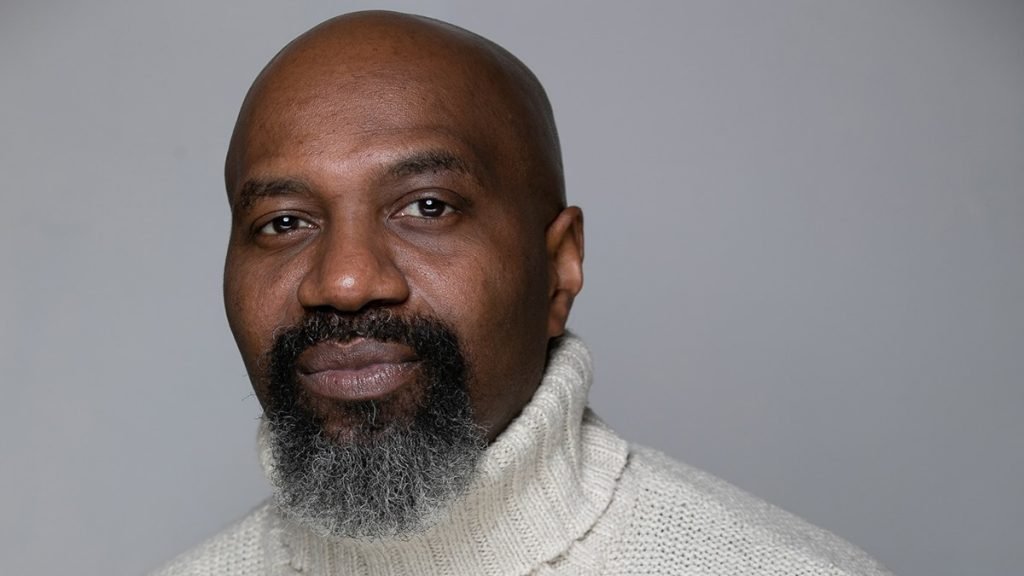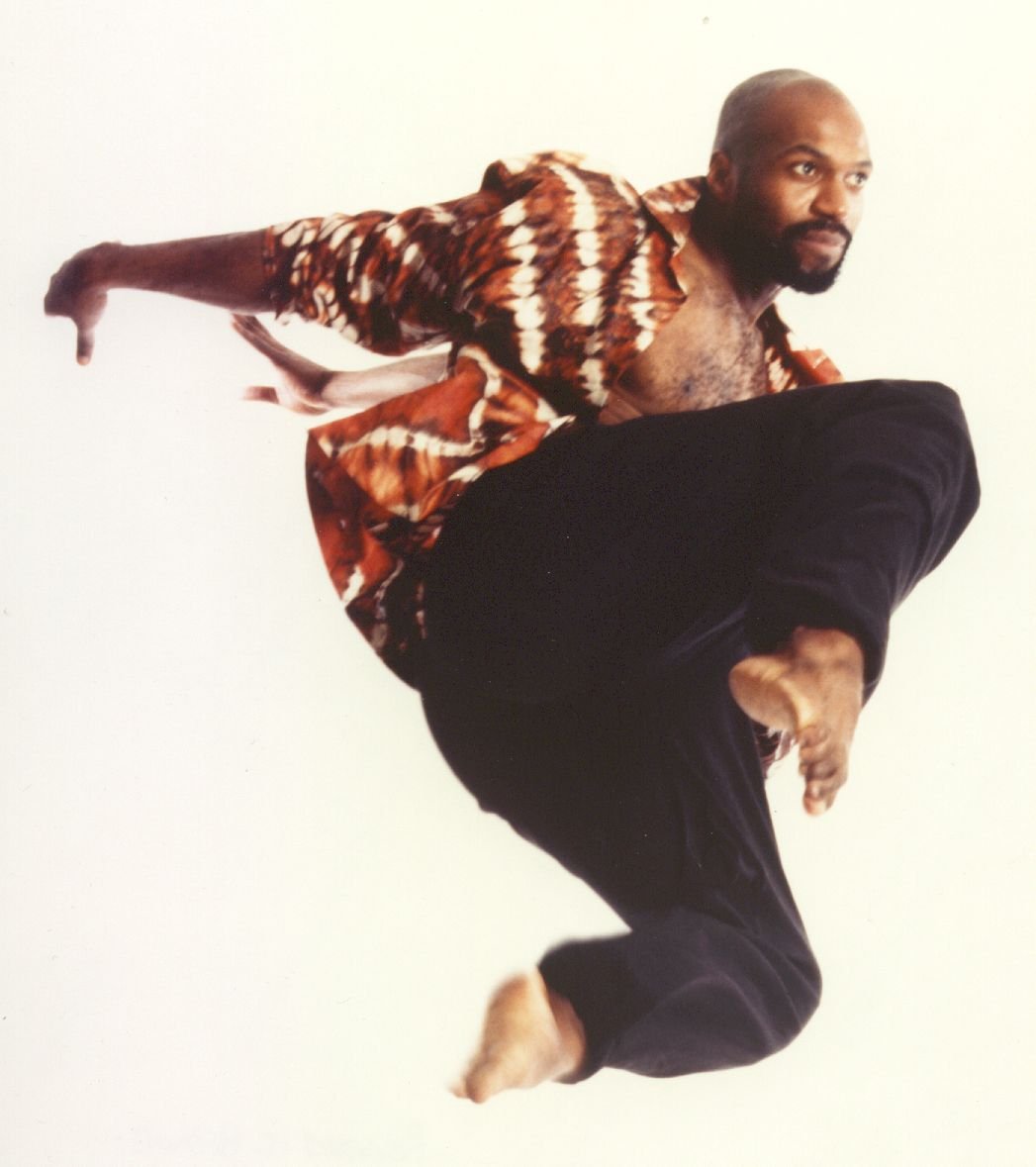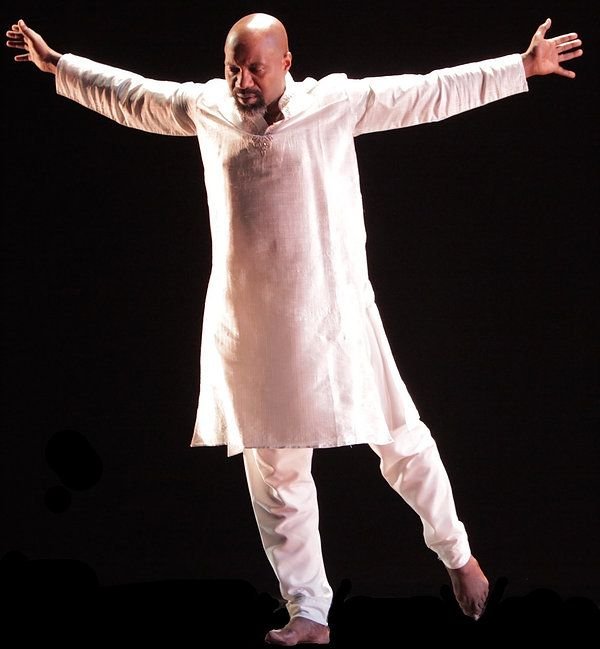A Beautiful Lesson in Humility
I’ve loved the art of dance since grade school. The command of a dancer’s body, the strength, the grace, the freedom and ability to move in such rhythmic beauty—I was totally enraptured and envisioned myself onstage moving with the same joy and fluidity. For the past week, I’ve been on the verge of purchasing tickets to see an upcoming performance of Ronald K. Brown / EVIDENCE at the Joyce Theater. The elegance of his choreography captures you with the bold, pulsing rhythms of African and Afro-Cuban movement—Greg and I particularly love “Grace,” a piece created for the Alvin Ailey Dance American Company. So, it was with surprise and sorrow that I read, in this past Sunday’s New York Times, about Brown’s heart-wrenching journey back from a debilitating stroke last year.
Since the stroke, Brown has been learning to use his body again, not to dance, but to walk and use his arm. Imagine, a choreographer not being able to show his dancers how he wants them to move—to demonstrate how to tell the story of the dance. Brown says that it was his “beautiful lesson in humility.” He trusted that his dancers would bring the dance to life as he described what the movement should look like—what it should evoke. His body didn’t need to be at the center of the creative process for the work to take shape. Fortunately, Brown’s healing is progressing well, and the therapists are encouraged by his resilience and determination. The upcoming performances will reveal the depth of Brown’s humility in bringing new art to the stage.
Mandela on Humility
When Nelson Mandela came to the Oprah Winfrey show in 2000, he asked one of the producers, “What is the subject of today’s show?” Oprah and the audience had a good laugh at his question as Oprah told them that the producer’s response was “You—Nelson Mandela.” When asked how he remains such a man of peace, Mandela said:
Humility is one of the most important qualities which you must have. If you are humble. If you make people realize that you are no threat to them then people will embrace you. They will listen to you.
We need only turn on the news to see the monumental display of lack of humility in a current world leader—Vladmir Putin. During an interview with Ari Melber on The Beat, former Russian Foreign Minister Andrey Kozyrev was asked if there isn’t someone that could tell Putin that he needed to course correct, that he is wrong. Kozyrev said that a tyrant like Putin would rather be overthrown and led out at gun point than be told that he was wrong—a stunning case of toxic hubris.
Both Brown and Mandela embody what Positive Psychology says is an attitude of spiritual modesty that comes from understanding our place in the larger order of things. A sense of humility requires that we not take our desires, successes, or failings too seriously. Based on a caring, compassionate attitude toward others, humility exhibits sincerity, honesty, and unselfishness.
Humility is also about knowing ourselves. As we recognize the gaps in our knowledge, humility is a way to embrace continual self-correction and self-improvement. Intimately connected to our learning, humility is indicative our ability to empathetic leaders.
Humility is our mechanism for maintaining balance with the people around us and in our world. As a character strength, humility can be viewed as the opposite of pride, arrogance, and an inflated sense of our importance and talents. It is a path through which we respect others.




